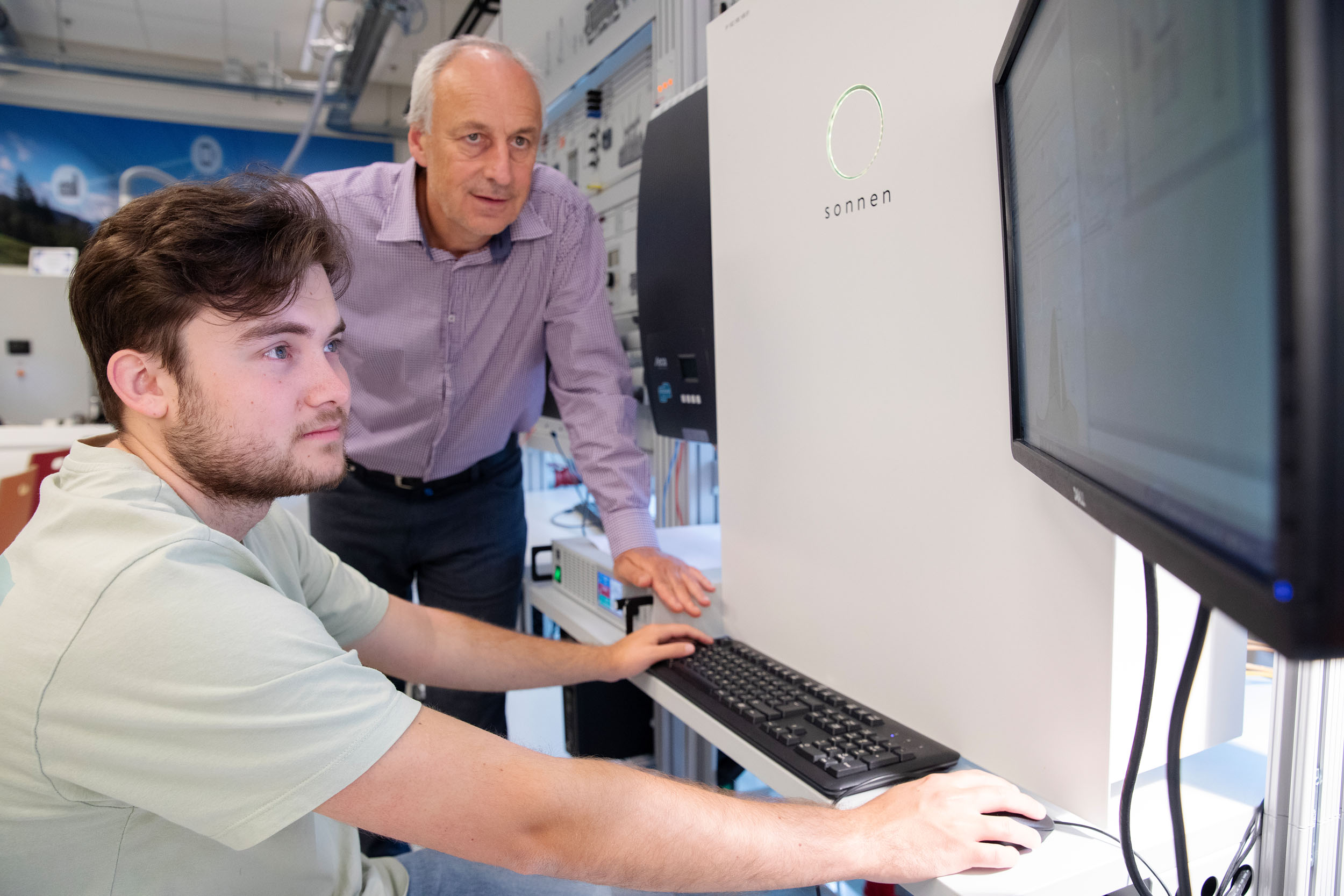Background information
The ABEL project addresses the challenge of low-grade biomass streams that currently lead to waste, economic losses, and greenhouse gas emissions. The Netherlands remains dependent on fossil feedstocks and scarce elements, making the transition to renewable alternatives increasingly urgent. ABEL aims to develop spatial datasets on manure and mixed wet waste streams to support a biobased circular economy by 2040. Through the development of databases and maps, the project quantifies the potential of low-grade residual biomass within technological, economic and environmental limits.
This assignment is embedded within MNEXT’s research groups:
-
Smart Energy – focusing on the valorisation of residual flows such as sewage water, industrial wastewater, grass and agricultural residues, using technologies like fermentation, pyrolysis and nutrient recovery.
-
Biobased Transitions – investigating and addressing barriers that hinder large-scale adoption of non-fossil raw materials and accelerating the transition to a sustainable, circular economy.
Assignment Description
As an intern, you will work on mapping and evaluating low-grade biomass streams and their potential for valorisation in the Netherlands. You will combine data collection, spatial analysis and biomass characterisation to help identify suitable conversion technologies.
Your main tasks will include:
-
Inventorying data sources on residual biomass in the Netherlands (national, EU and international databases)
-
Developing a comprehensive database of low-grade feedstocks, including waste volumes, composition, current uses and conversion potential
-
Using Geographic Information Systems (GIS) to create spatial maps of biomass production, land use and collection practices
-
Conducting biomass characterisation to analyse quality, composition, and treatment needs in relation to different conversion technologies
Research Question
How can spatial datasets and biomass characterisation support the identification of suitable conversion technologies for low-grade biomass streams in the Netherlands, enabling their valorisation within a biobased circular economy?
You will be part of the ABEL project team and contribute to insights that inform policy, technology development and regional sustainability strategies.
Desirable Skills
We are looking for a student who:
-
Has an understanding of circular economy, renewable materials or sustainability transitions
-
Is willing to learn about GIS mapping, data analysis and database development
-
Communicates effectively in English, both in writing and collaboration
-
Has strong analytical skills and enjoys working with complex datasets
Guidance
The internship will be supervised by Philippa Roots, researcher at MNEXT. Weekly progress meetings will be held, and you are expected to participate in meetings with project partners.
Practical Details
Compensation
€350 per month (EU interns)
Working Language
English




